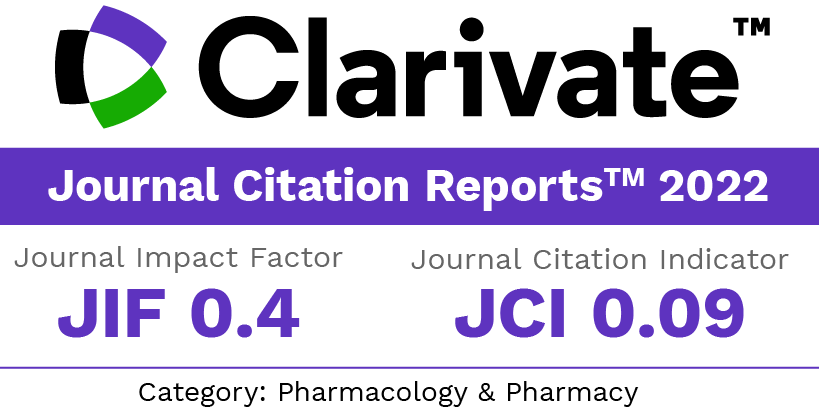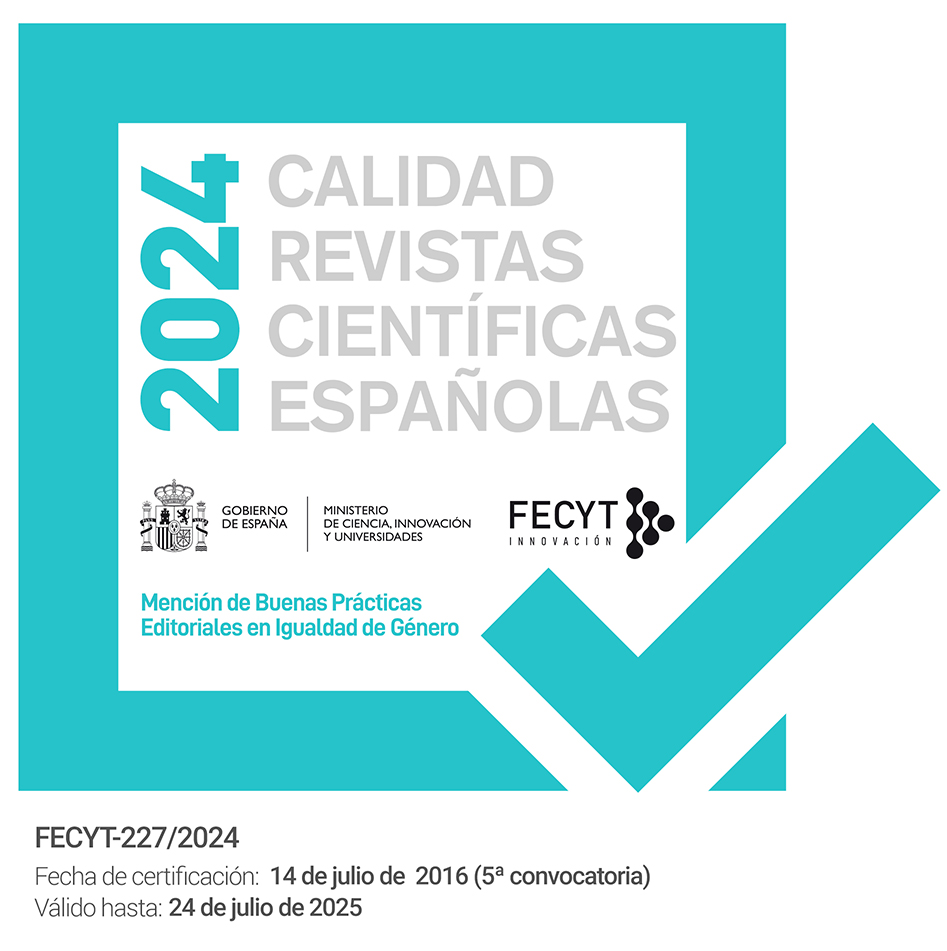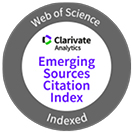Advantages and disadvantages of the obligatory attendance to “physiology of the digestion”, a posgraduate subject.
Keywords:
Classes, Classroom attendance, Evaluation criteria, Graduate, Mandatory attendanceAbstract
Aim: The current evaluation criteria assess not only the acquisition of cognitive skills that facilitate the gradual assimilation of the contents, but also specific responsibilities to develop the professional profile. Therefore, in this study we analyzed advantages and disadvantages of obligatory daily attendance respect to free for the postgraduate subject Physiology of the digestion of the Master Physiology and Neuroscience of the University of Seville.
Material and Methods: We compared the scores of students in the postgraduate subject of Physiology of Digestion during two academic courses (courses 2010-2011 and 2011-2012), with obligatory attendance, and the two following courses (2012-2013 and 2013-2014) where this criterion was not evaluated.
Results and Discussion: Students with obligatory attendance didn’t attended more to class that their free attendance partners; they even had a lower percentage of maximum qualifications. These students presented about a 5% of failing grades. When attendance was free, students didn’t fail and participated with more interest in innovation activity.
Conclusions: According to these results, we could suggest that in postgraduate studies the mandatory attendance decreased the interest and efficiency of students. However, the free attendance promoted participation in class and in complementary innovation activity, and it also improved the qualifications of students. Therefore, mandatory attendance is not a good evaluation criterion for the subject of Physiology of Digestion
Downloads
References
Rodríguez-Izquierdo RM. Modelo formativo en el Espacio Europeo de Educación Superior: valoraciones de los estudiantes. Aula Abierta 2014; 42:106-13.
Van Dam N. The e-Learning Fieldbook. USA: McGraw-Hill; 2004.
Pérez Álvarez MP. Innovación metodológica y Espacio Europeo de Educación Superior. Dykinson; 2011.
Gal-Iglesias B, de Busturia-Berrade D, Garrido-Astray MC. Nuevas metodologías docentes aplicadas al estudio de la fisiología y la anatomía: estudio comparativo con el método tradicional. EDUC MED 2009; 12 (2):117-24.
Martínez González JA. La motivación para aprender en el Espacio Europeo de Educación Superior. Cuadernos de Educación y Desarrollo 2011; 3:25.
Zaragoza J, Luis-Pascual JC, Manrique JC. Experiencias de innovación en docencia universitaria: resultados de la aplicación de sistemas de evaluación formativa. Red-U. Revista de Docencia Universitaria 2008; 4.
Carreras O, Mate A, Vázquez C. Aprendizaje basado en problemas (ABP) como herramienta para la mejora de la enseñanza de Hematología. ICE. Vicerrectorado de Docencia. Univ. Sevilla: España; 2008.
Peral MJ, Calonge ML, Mate A, Nogales F, Ojeda ML, Nuñez P. Análisis de la Metodología Docente Aplicada a la asignatura de Fisiología Humana de la Licenciatura de Farmacia. III International Congress on Higher Education in Pharmaceutical Sciences. EDUSFARM, Sider. 2010; 18-19.
Downloads
Published
How to Cite
Issue
Section
License
The articles, which are published in this journal, are subject to the following terms in relation to the rights of patrimonial or exploitation:
- The authors will keep their copyright and guarantee to the journal the right of first publication of their work, which will be distributed with a Creative Commons BY-NC-SA 4.0 license that allows third parties to reuse the work whenever its author, quote the original source and do not make commercial use of it.
b. The authors may adopt other non-exclusive licensing agreements for the distribution of the published version of the work (e.g., deposit it in an institutional telematic file or publish it in a monographic volume) provided that the original source of its publication is indicated.
c. Authors are allowed and advised to disseminate their work through the Internet (e.g. in institutional repositories or on their website) before and during the submission process, which can produce interesting exchanges and increase citations of the published work. (See The effect of open access).


















